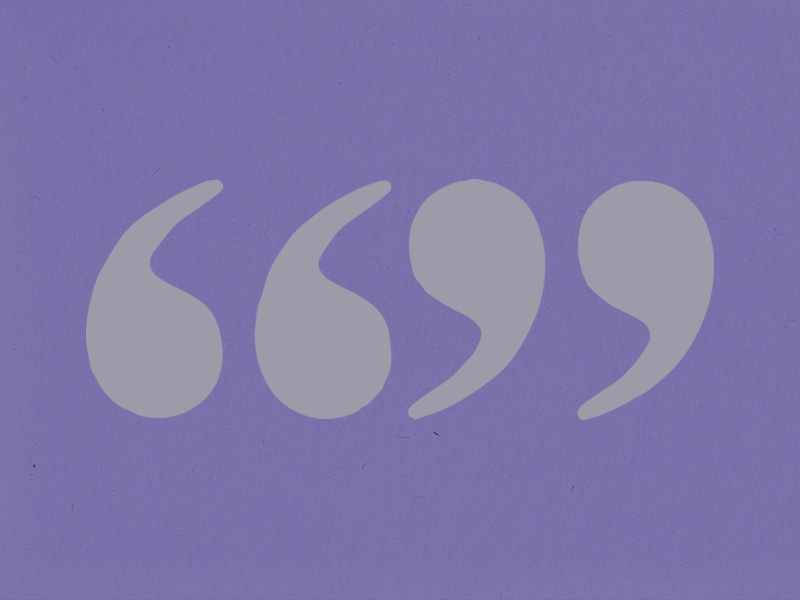In November 2022, Public Justice’s Debtors’ Prison Project filed Urquidi v. Los Angeles et. al in Los Angeles Superior Court, a class action lawsuit on behalf of six individuals jailed pre-arraignment, Clergy and Laity United for Economic Justice (“CLUE”) and three individual religious leaders against LA County, the City of LA, the LAPD and LASD alleging that the policy of detaining arrested individuals for up to five days simply because they can’t afford to pay a predetermined amount of cash bail is unconstitutional. LA’s jail system is the largest in the nation, with nearly half of all those behind bars awaiting trial and sentencing.
Underscoring the harms done to these detainees, who had not been charged with a crime, seen a lawyer or been arraigned, Public Justice and co-counsel — Civil Rights Corps, Hadsell Stormer Renick & Dai LLP, and Munger, Tolles & Olson LLP — filed a motion for a preliminary injunction asking for an immediate halt to enforcing the cash bail schedule policy until the lawsuit has been resolved.
On May 16, 2023, after a two-month evidentiary hearing — the first time a challenge to LA’s cash bail schedule had been intensely examined — Judge Lawrence P. Riff issued a 58-page ruling (plus exhibits) granting the motion. Starting May 24, the preliminary injunction returned to LA County’s Covid pandemic policy of releasing people arrested on suspicion of low-level, non-violent offenses without requiring them to first pay cash bail. The injunction has left open the door for further relief in the coming months, as well.
Here are quotes from the court’s ruling, followed by reaction quotes from attorneys and coalition ally, JusticeLA.
From the Ruling:
The court found that the plaintiffs have “clearly shown that the constitutional harm to the putative class is extreme. It is pervasive in that each year it likely affects tens of thousands of impoverished persons detained solely because they are poor. . . .”
The court found that a preliminary injunction is in the public interest, because “the uncontroverted evidence shows [barring enforcement of the bail schedule] will reduce the incidence of new criminal activity and failures to appear for future court proceedings among members of the plaintiffs’ putative class, and decrease overcrowding at these Defendants jail facilities. The remediation of a constitutional injury is itself also in the public interest.”
Examining the question of whether ending the current money bail regime would increase crime or failures to appear in court (the typical justifications for bail), the court concluded:
“The plaintiffs have produced a vast amount of evidence, via four well-qualified expert witnesses and more than a dozen academic studies, that decisively shows the answer to these questions is ‘no.’ Their evidence has demonstrated that it is highly likely that the opposite is true: secured money bail regimes are associated with increased crime and increased FTAs ( failure to appear) as compared with unsecured bail or release on non-financial conditions. What’s more, the evidence demonstrates that secured money bail, as now utilized in Los Angeles County, is itself ‘criminogenic’ — that is, secured money bail causes more crime than would be the case were the money bail schedules no longer enforced. Plaintiffs have made a strong showing that secured money bail, including the bail schedules at issue here, are not reasonably designed, much less narrowly tailored, to achieve the governmental interests at stake — namely, reduction in arrestees’ NCA (new criminal arrest) and FTAs.”
The court also noted that the defendants “do not dispute” the plaintiffs’ arguments, and that “many public officials in California” including LA’s own Probation Department and Board of Supervisors have expressed “profound doubts about the wisdom, fairness, and constitutionality of the pretrial money bail system that operates to detain arrestees in jail solely because they are too impoverished to pay money bail.”
The court held that “[t]he plaintiffs have shown that these Defendants’ conduct in enforcing the secured
money bail schedules against poor people who are detained in jail solely for the reason of their poverty is a clear, pervasive, and serious constitutional violation.” And the court held that this must stop immediately, because between now and when the case is likely to go to trial, “tens of thousands of persons will be arrested by the LASD and LAPD and jailed under the extant bail schedules solely because they are too poor to pay the scheduled money bail….[O]n this substantial record, it would be an abuse of the court’s discretion not to enter a [preliminary injunction].”
Reaction:
“Our clients were arrested and kept in jail for five days because they couldn’t pay money to buy their release,” said Debtors’ Prison Project Senior Attorney Brian Hardingham. “Pre-trial detention destroys lives, and we hope this ruling will pave the way for lasting policy changes that will strengthen and protect communities of color and low-income people disproportionately harmed by the for-profit bail industry.”
“The Los Angeles County Board of Supervisors has committed to closing Men’s Central Jail (MCJ) and reducing LA County’s dangerously high jail population but has failed to act. This ruling is an important step to reduce pretrial jailing, but now the Board must deliver on its promise to invest in the necessary community resources and care,” said Ambrose Brooks, JusticeLA Coalition Coordinator.
“While this case is still ongoing, we are pleased with Judge Riff’s ruling, which has an immediate impact on most individuals arrested in Los Angeles County,” said Munger Tolles & Olson Chair Brad Brian, who along with Salil Dudani of Civil Rights Corps, argued the motion for the preliminary injunction. “We are confident that LA County bail policies are unconstitutional and look forward to proving that at trial.”



